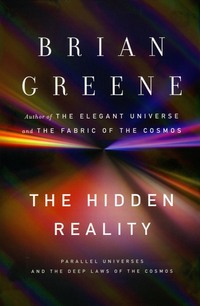
The region around Supernova 1987A as viewed by Herschel and Hubble. (Credit: ESA/Herschel/PACS/SPIRE/NASA-JPL/Caltech/UCL/STScI and the Hubble Heritage Team (AURA/STScI/NASA/ESA)
Stardust in Our Backyard Provides New Clues to Galaxy Evolution -- Science Daily
ScienceDaily (July 7, 2011) — New data from the European Space Agency's Herschel Space Observatory have revealed surprisingly large amounts of cold dust in the remnant of the famous supernova SN1987A, which exploded 24 years ago in the Large Magellanic Cloud, a neighboring galaxy of the Milky Way. With this discovery, astronomers confirm that supernovae are able to produce significant quantities of dust over very short time scales. This may help explain previous observations, by Herschel and other observatories, of abundant dust in the early Universe as seen in high-redshift galaxies.
Read more ....






